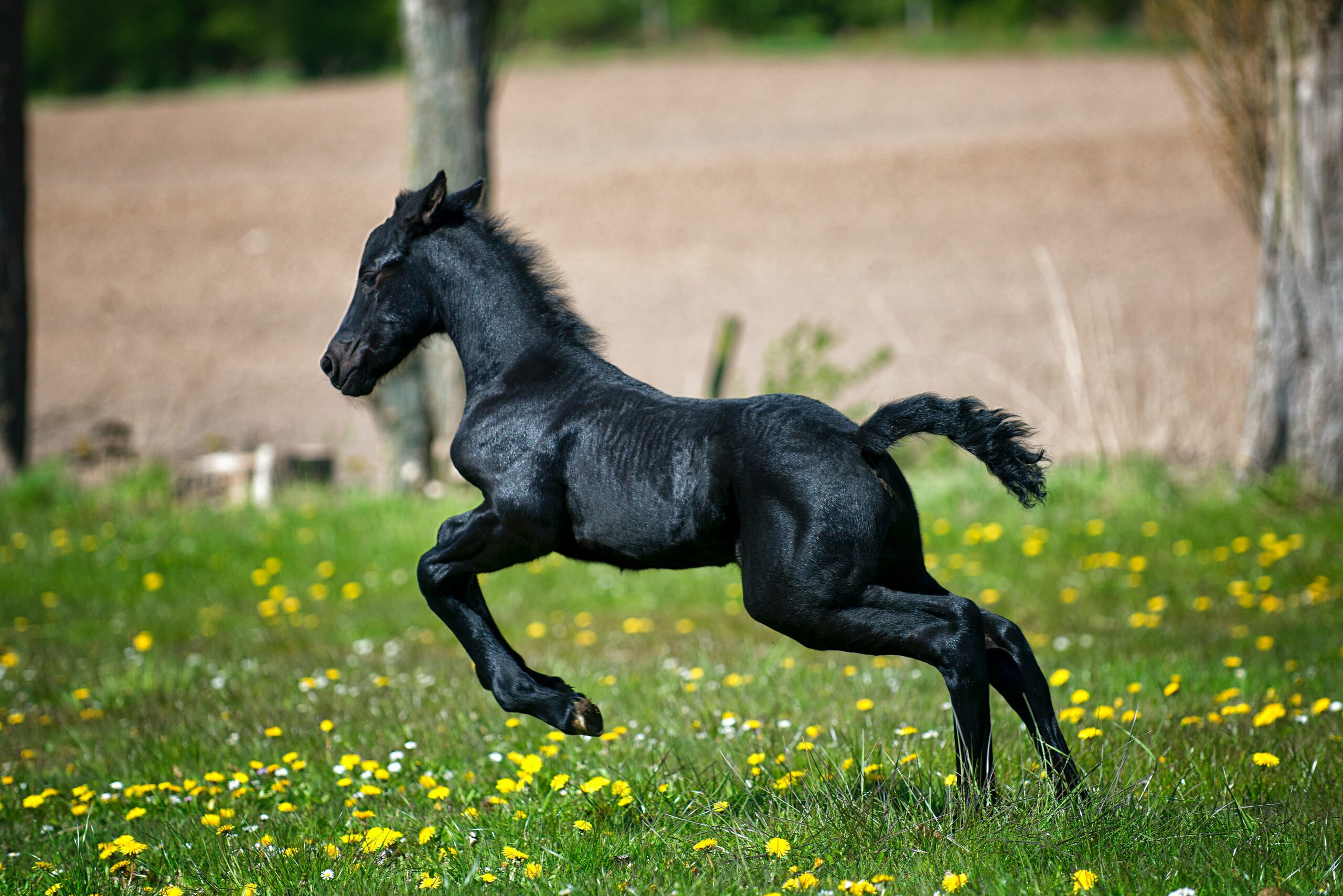Hey y’all, it’s Tom here. I remember one time, I was out on the ranch and it was a real cold day. I had on my warmest coat, but my poor horse Whiskey, well he didn’t have a coat on at all. I figured horses are just tough like that, they can handle the cold.
But as the day went on, Whiskey started shivering and acting real sluggish. That’s when I realized, I may be tough, but my horse ain’t no polar bear. He was cold and needed some extra protection from the elements.
So, I started thinking about how to tell if your horse is cold and what you can do to help keep them warm. And let me tell you, it’s important to pay attention to your horse’s needs in the cold. A cold horse can lead to all sorts of health problems, like hypothermia, colic, and more.
Table of Contents
Check Their Body Temperature
One way to tell if your horse is cold is to check their body temperature. A healthy horse will have a body temperature of about 99-101 degrees Fahrenheit. If their temperature is lower than that, it could be a sign that they’re cold.
To check your horse’s temperature, you’ll need a thermometer (preferably a digital one for accuracy).
You can either use a rectal thermometer or an ear thermometer. Just be sure to follow the instructions on the thermometer and be gentle with your horse. They probably won’t be too thrilled about having a thermometer stuck in their ear or, you know, elsewhere.
Look at Their Coat
Another way to tell if your horse is cold is to look at their coat. Is it nice and shiny, or is it dull and lifeless? A shiny coat is a good sign that your horse is healthy and warm, while a dull coat could be a sign that they’re cold.
You should also check to see if your horse’s coat is wet. If it is, and it’s cold outside, they could be at risk for hypothermia. In that case, you’ll want to get them dried off and into a warm place as soon as possible.
Pay Attention to Their Behavior
Horses are pretty good at letting you know when they’re not feeling well, and being cold is no exception. If your horse is cold, they might shiver or huddle up against other horses or objects to try and stay warm. They might also be less active than usual or have a lower appetite.
On the flip side, if your horse is too warm, they might sweat or pant excessively. They might also be more active or agitated than normal. Either way, it’s important to pay attention to your horse’s behavior and try to keep them at a comfortable temperature.
Protect Them from the Elements
If you suspect that your horse is cold, there are a few things you can do to help keep them warm. The first and most obvious thing is to give them a blanket. Horse blankets come in all sorts of sizes and styles, so you can choose the one that’s best for your horse.
You should also make sure that your horse has access to shelter from the wind and rain. A nice, cozy barn or stable can go a long way in helping your horse stay warm.
If your horse is outside, you can also consider setting up a windbreak or providing them with a large tarp to help shield them from the elements.
In addition to blankets and shelter, you should also make sure that your horse has access to clean, fresh water. Dehydration can lead to all sorts of health problems, including colic, so it’s important to keep your horse hydrated even in the cold.
FAQ: A Few Common Questions
Q: Can horses get frostbite?
Yes, horses can get frostbite, especially in their ears, nose, and legs. If you suspect that your horse has frostbite, you’ll need to get them to a warm place and call your veterinarian as soon as possible.
Q: Can horses get hypothermia?
Yes, horses can get hypothermia, especially if they’re wet and exposed to cold temperatures for an extended period of time.
If you suspect that your horse has hypothermia, you’ll need to get them to a warm place and call your veterinarian as soon as possible.
Q: Can horses stay outside in the cold all winter?
It depends on the specific circumstances. Some horses can handle being outside in the cold all winter, while others might need a little extra protection.
It’s important to consider your horse’s age, breed, and overall health when deciding whether or not they can stay outside in the cold.
Conclusion: Keep Your Horse Toasty
So there you have it, a few tips on how to tell if your horse is cold and what you can do to help keep them warm.
Just remember, a happy horse is a warm horse, so don’t be afraid to spoil them with a nice blanket or two. And as always, if you have any concerns about your horse’s health, be sure to call your veterinarian.
